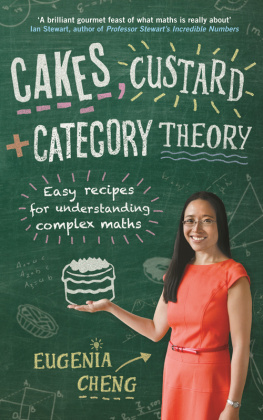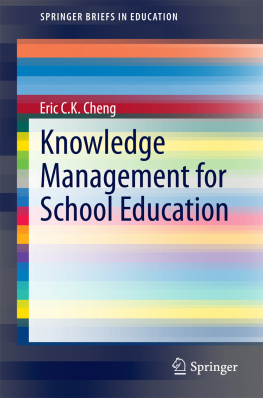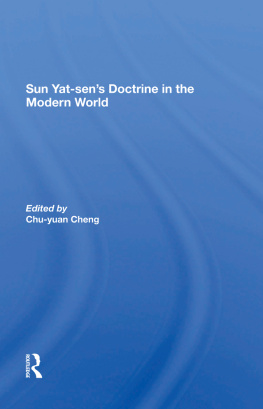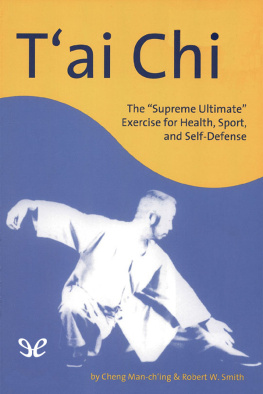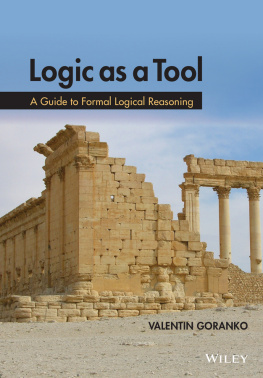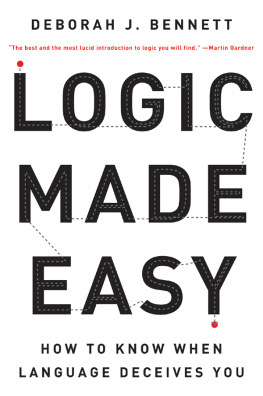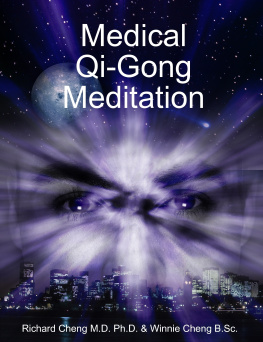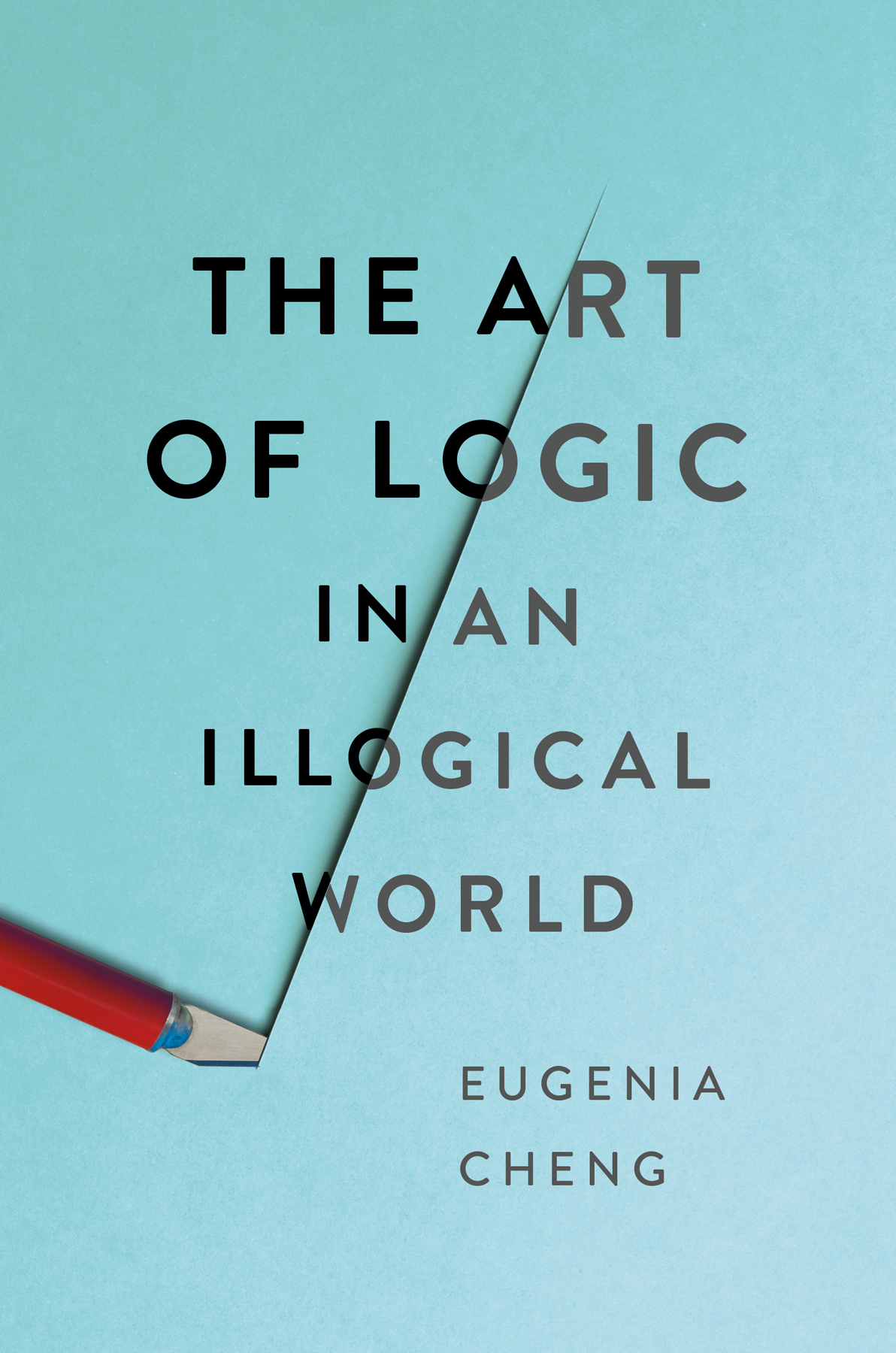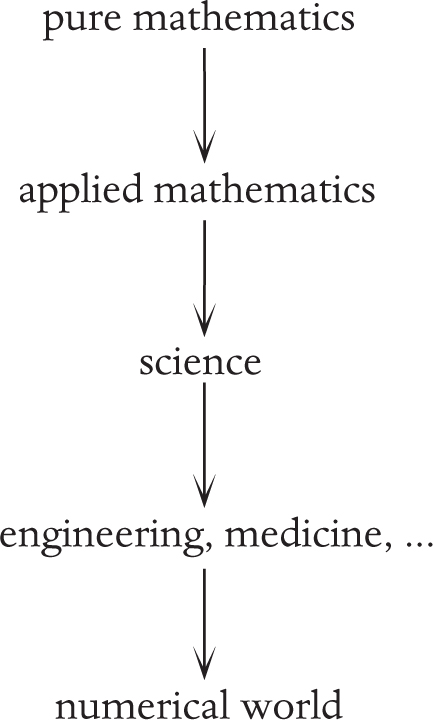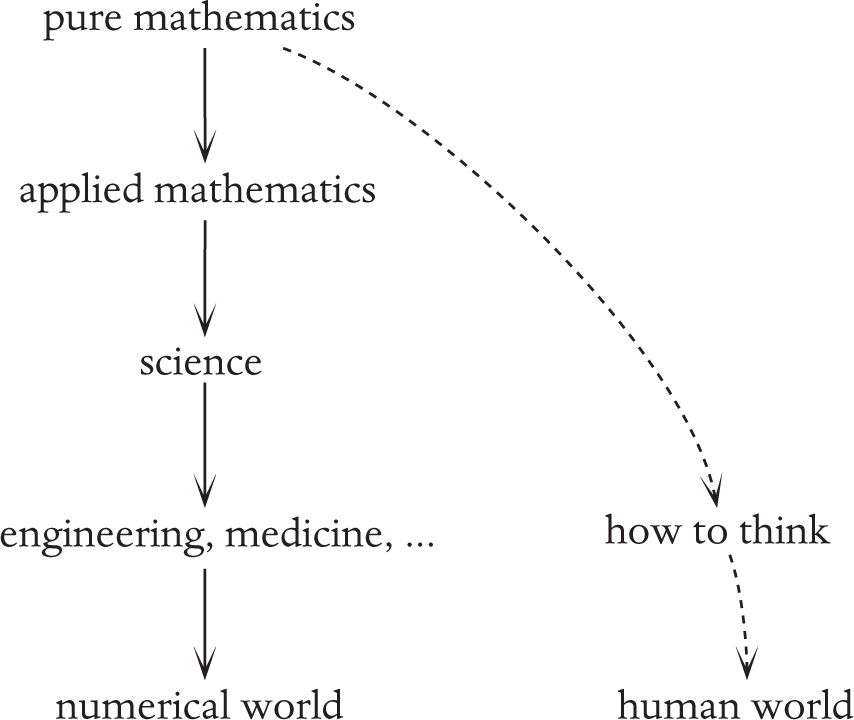WOULDNT IT BE HELPFUL if everyone were able to think more clearly? To tell the difference between fact and fiction, truth and lies?
But what is truth? Is the difference between truth and untruth always that simple? In fact, is it ever that simple? If it is, why do people disagree with each other so much? And if it isnt, why do people ever agree with each other at all?
The world is awash with terrible arguments, conflict, divisiveness, fake news, victimhood, exploitation, prejudice, bigotry, blame, shouting, and miniscule attention spans. When cat memes attract more attention than murders, is logic dead? When a headline goes viral regardless of its veracity, has rationality become futile? Too often, people make simple and dramatic statements for effect, impact, acclaim, and to try and grab some limelight in a world where endless sources are competing relentlessly for our attention all the time.
But the excessive simplifications push us into fabricated black and white situations when everything is really in infinite shades of gray and indeed multi-colors. Hence we seem to live with a constant background noise of vitriol, disagreement, and tribes of people attacking other tribes, figuratively if not for real.
Is all hope lost? Are we doomed to take sides, be stuck in echo chambers, never agree again?
No.
There is a lifebelt available to anyone drowning in the illogic of the modern world, and that lifebelt is logic. But like any lifebelt, it will only help us if we use it well. This means not only understanding logic better, but also understanding emotions better and, most importantly, the interaction between them. Only then can we use logic truly productively in the real human world.
The discipline of mathematics has carefully honed the techniques of logic, and as a research mathematician I come from this background. I believe we can learn from the techniques and insights of mathematics, because its about constructing rigorously logical arguments and then convincing other people of them. Math isnt just about numbers and equations: its a theory for justification. It provides a framework for having arguments and is so successful that in math people actually agree regularly upon conclusions.
There is a widespread myth that mathematics is all about numbers and equations, and that its usefulness in the world is in all the places we use numbers in life. The myth continues with the mistaken idea that the whole point of math is to turn life situations into equations, and solve them using math. While this is one aspect of math it is a very narrow and limiting view of what mathematics is and what it does. From this perspective we have pure mathematics as a rarefied field of esoteric symbols, far away from the real world, only able to interact with the real world via a chain of intermediaries:
Instead we should branch out from this narrow, linear, incomplete view of math to use it in a much broader and hence more widely applicable sense. Mathematics in school may well be mostly about numbers and equations, but higher-level mathematics is about how to think, and in this way it is applicable to the entire human world, not just the part involving numbers.
Mathematics helps us think more clearly, but it doesnt tell us what to think, and nor will I in this book. Contrary to how it might seem, math isnt about right and wrong, and nor are most arguments. Theyre about the sense in which something is right and wrong, depending on world views. If people disagree, its often a result of different points of view stemming from different fundamental beliefs, not that one is right and the other is wrong.
If the idea of mathematics and logic seems remote and abstract to you, you are right: mathematics and logic are remote and abstract. But I will argue that the abstraction has a purpose, and that broad applicability is one of the powerful consequences. The remoteness of mathematics also has a purpose: taking a step back enables us to focus on important principles and think more clearly about them before putting the messy human details back in.
And we will put those details back in. We will analyse and illuminate messy, controversial, divisive issues such as sexism, racism, privilege, harassment, fake news and more. Logic does not resolve these issues, but clarifies the terms in which we should have the discussion. So I certainly wont be telling you what the conclusion of those arguments should be, but rather, how to have the argument in the first place.
In this book I will show the power of logic but also its limitations, so that we can use its power responsibly as well as effectively. In the first part Ill look at how we use logic to verify and establish the truth, by building clear, irrefutable arguments. In the second part Ill look at where logic breaks down and cant help us any more. As with any tool, we should not try to push logic beyond its limits, and so in the last part of the book Ill look at what we should do instead. Crucially, we need to bring emotions in too, first to find our way to the logic and then to convey it to others. Logic makes our arguments rigorous but emotions make them convincing. In the so-called post-truth world, truth seems to be accessed largely by emotions rather than logic. This sounds like it might be bad for rationality, but I will argue that it doesnt have to be a bad thing, as long as emotions are working with logic rather than working against it.
Emotions and logic do not have to be enemies. Logic works perfectly in the abstract mathematical world, but life is more complicated than that. Life involves humans, and humans have emotions. Here in this beautiful and messy world of ours we should use emotions to back up logic, and logic to understand emotions. I firmly believe that when we use emotions and logic together, each working to their own strengths and not beyond them, we can think more clearly, communicate more effectively, and achieve a deeper and more compassionate understanding of our fellow human beings. That is the true art of logic.



